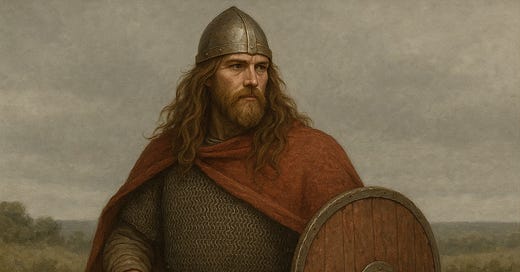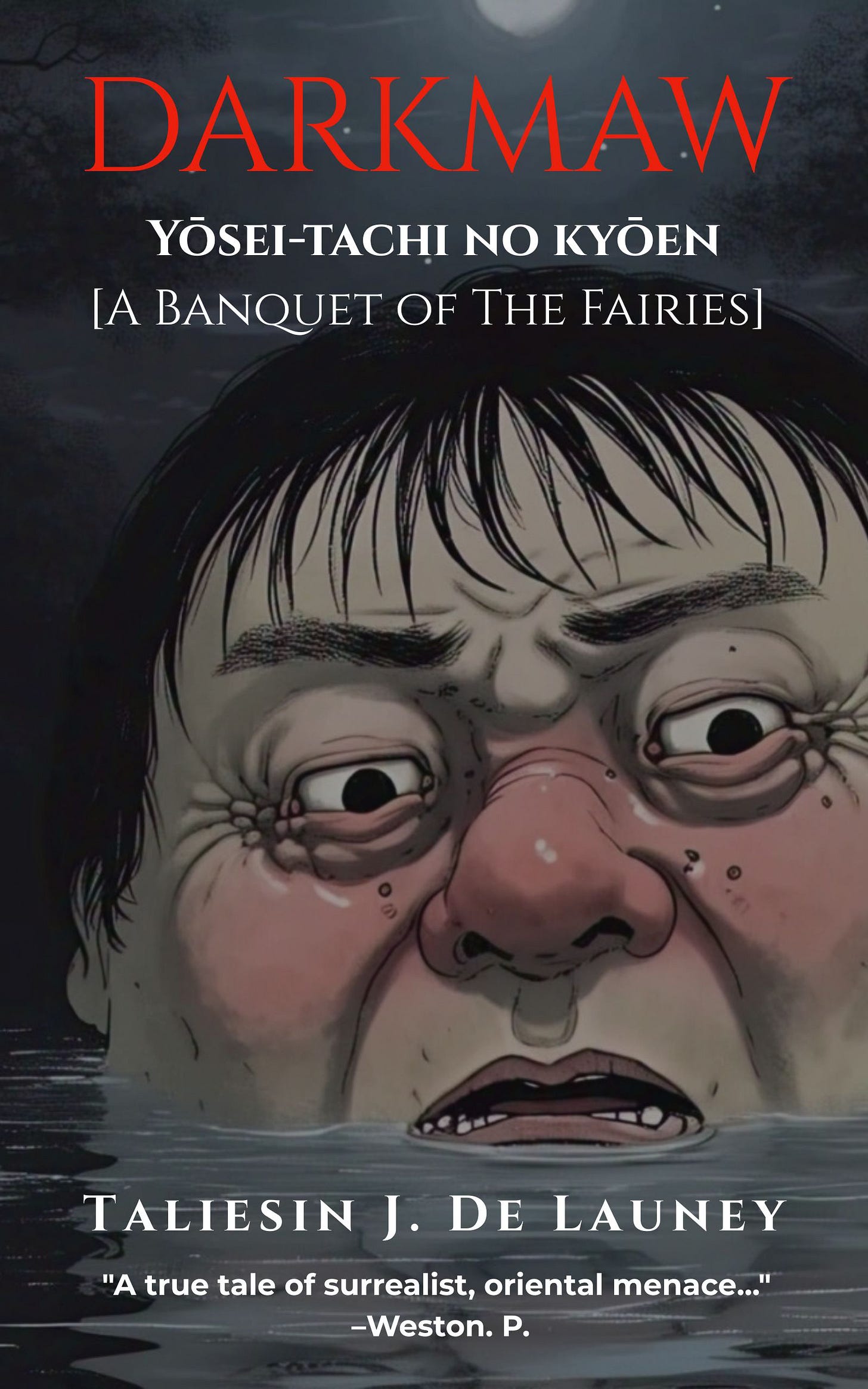Thoughts on "The Decline and Fall of the Roman Empire" Part 1—The Real King Arthur?
Did King Arthur Actually exist? There is at least one realistic account...
So, believe it or not, I am working my way through Gibbon’s monumental work The Decline and Fall of the Roman Empire—not just Googling excerpts—and am, right now, a little more than halfway through.
I’ve had too many realizations to count them all, but in short, I recommend it to anyone who wants to dedicate time to learning the mistakes of humans and large-scale organizations over a long period. You really start to get the picture of what works for a group and what doesn’t—also how a mass of angry citizens will react under pressure, etc. Some of it is quite daunting and repugnant, but I think it’s better to be informed ahead of time.
Despite all the horrendous and heartbreaking moments, there are some amazing acts of courage that defy modern man's conception of his own ability.
One thing that stood out to me recently was Gibbon mentioning an account of what could have been the original and real King Arthur. Though he doesn’t specifically ratify the truth of the account, I think it’s pretty interesting to list it off here as a lover of fantasy and mythology.
Set in an age of Rome’s decline, around 600 AD—I still use AD because, why change it now? Even if you’re not Christian—where the native Britons fought off invading pirates of Germans, Franks, and Vikings, Gibbon mentions an account of a particular Welsh prince and his feats which, in a real-world setting, are incredible. I quote Gibbon’s direct words taken from Chapter 38 of The Decline and Fall of the Roman Empire:
"But every British name is effaced by the illustrious name of ARTHUR, the hereditary prince of the Silures, in South Wales, and the elective king or general of the nation. According to the most rational account, he defeated, in twelve successive battles, the Angles of the North and the Saxons of the West; but the declining age of the hero was embittered by popular ingratitude and domestic misfortunes." - Gibbon
For those who are not familiar with Gibbon’s archaic writing style, “the declining age of the hero” refers to the prince getting older, and “domestic misfortunes” refers to household and personal issues.
I believe Robert E. Howard also studied Gibbon’s work, and he does state openly that Conan and the Cimmerians are the ancestors of the Gaels, (which came from the Celts):
"The Gaels, ancestors of the Irish and Highland Scots, descended from pure-blooded Cimmerian clans." - Robert E. Howard
And the most pure-blooded Celts left are the Welsh. So yes, the Welsh, Irish and Scottish bare Conan’s blood!
This is a tribute to Scottish Irish pride, power, and stubbornness, like my dad—and a nod to all those out there with Welsh blood, like my wife, who is 100% Welsh all the way up her lineage, with rich, curly dark hair and bright blue eyes.
Stay tuned for more of my fantastical thoughts and analogies on The Decline and Fall of the Roman Empire!
Peace!
Alternatively, you can grab a copy of my first short story on Amazon Kindle—it's free or $1.99. Every purchase helps support the growth and promotion of my work, and as always, please leave a review! Thanks!
Link to purchase: Darkmaw: Yōsei-tachi no kyōen [A Banquete of the Fairies.] (Darkmaw: Grim Fantasy Short Stories)







Stephen Lawhead writes many reenactments of Celtic history. His King Arthur series of books (Merlin, Taliesin and Arthur) all cover this period and the links between these fictional characters. I loved those books and Lawhead send to awaken the spirit of those times in my generic memory. Indeed, the reason I called you Taliesin is because of this memory.
What I find interesting is that the freedoms we find today in the Magna Carta, our concepts of natural law and ideas of justice and resistance towards tyrany, along with the concept of a total imancipation of the soul from entrapment and suffering, are heavily solidified from these roots.
Also, Lawhead writes another great series depicting Robyn Hood as a Welsh prince, rising up against the Norman invaders to defend his kingdom from the materialisticly depraved and callous Frenchies. He connects the original construction of the longbow to the Welsh as pay off this tale.